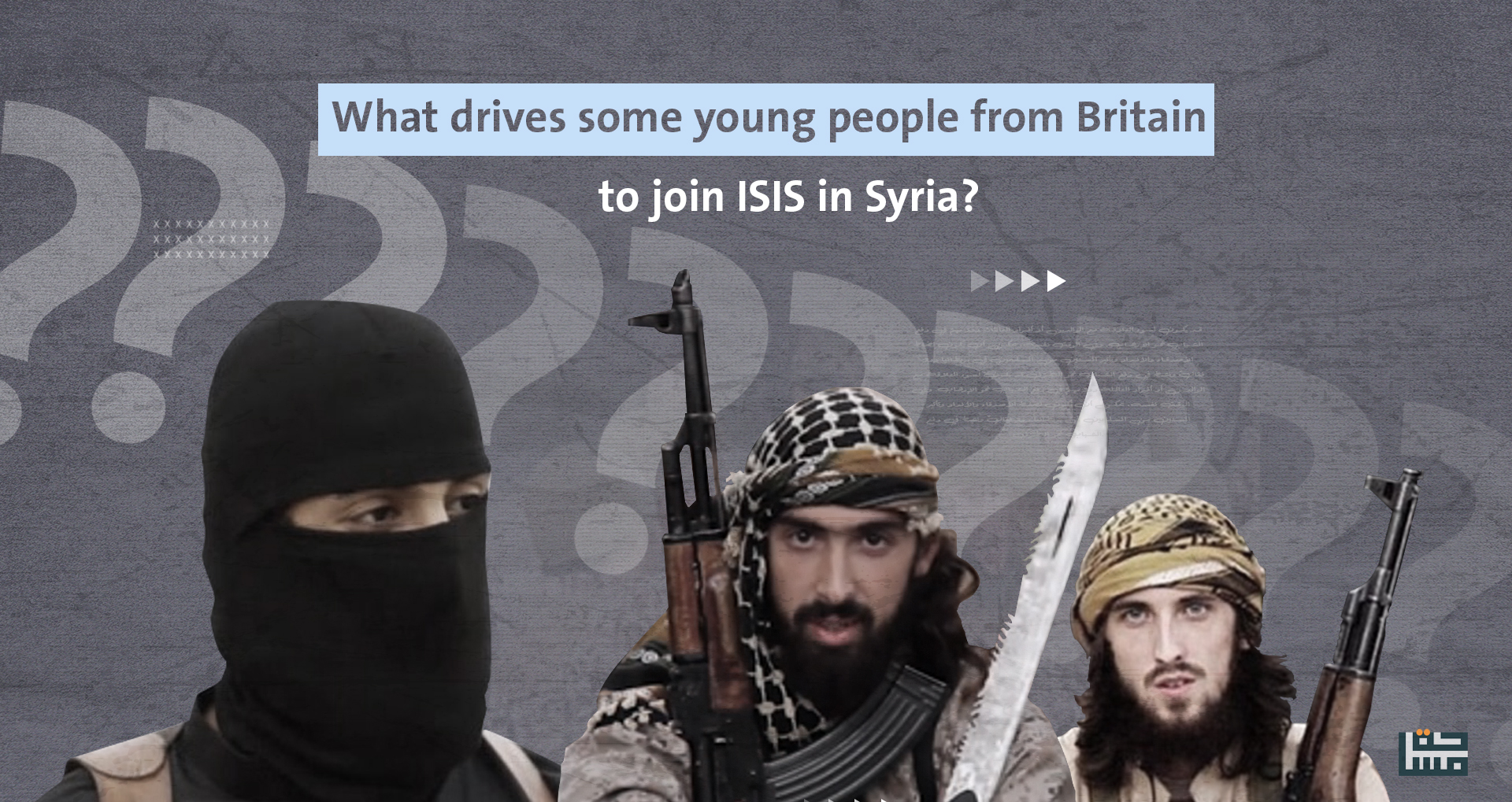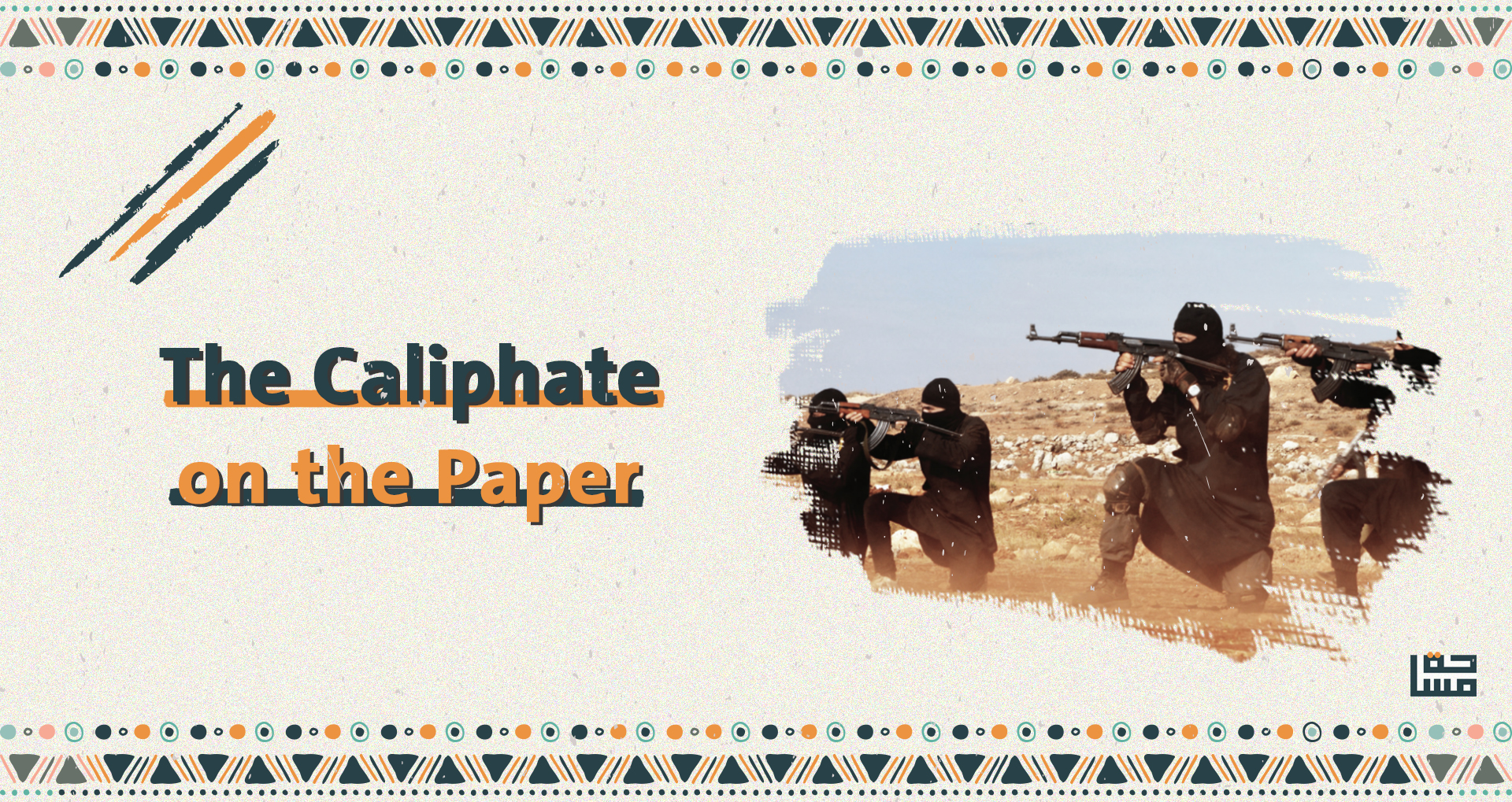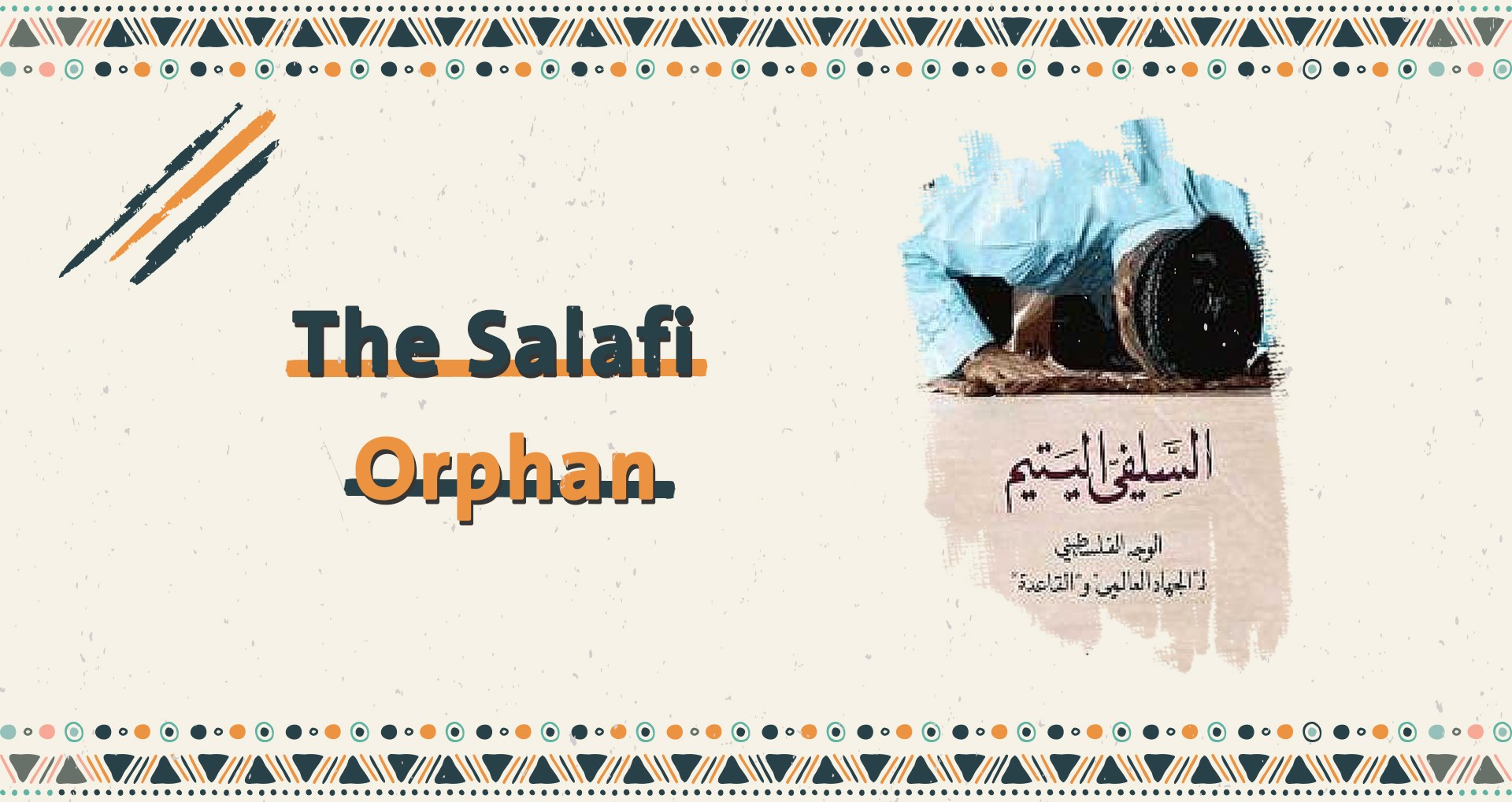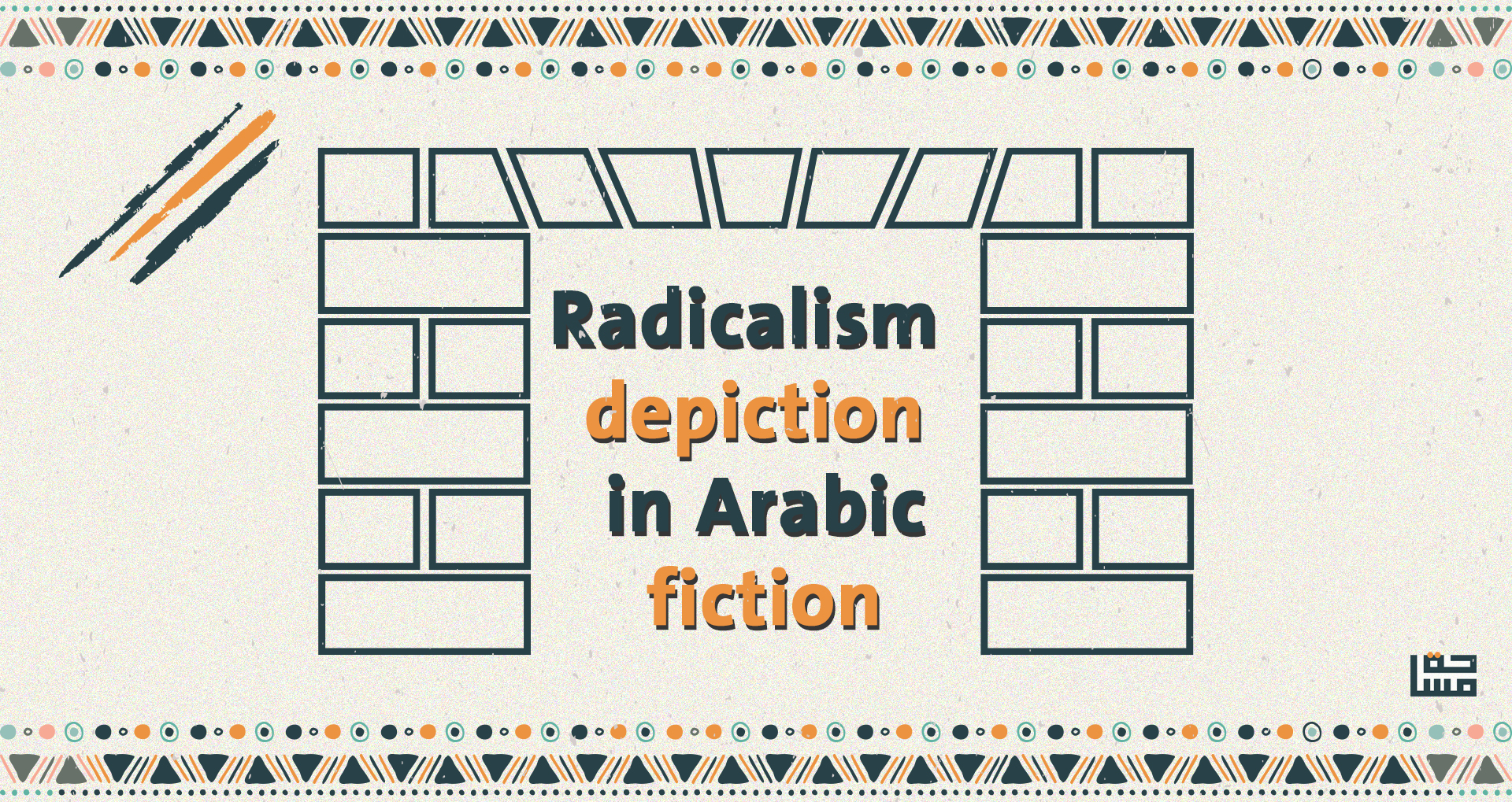Scattered Laughter
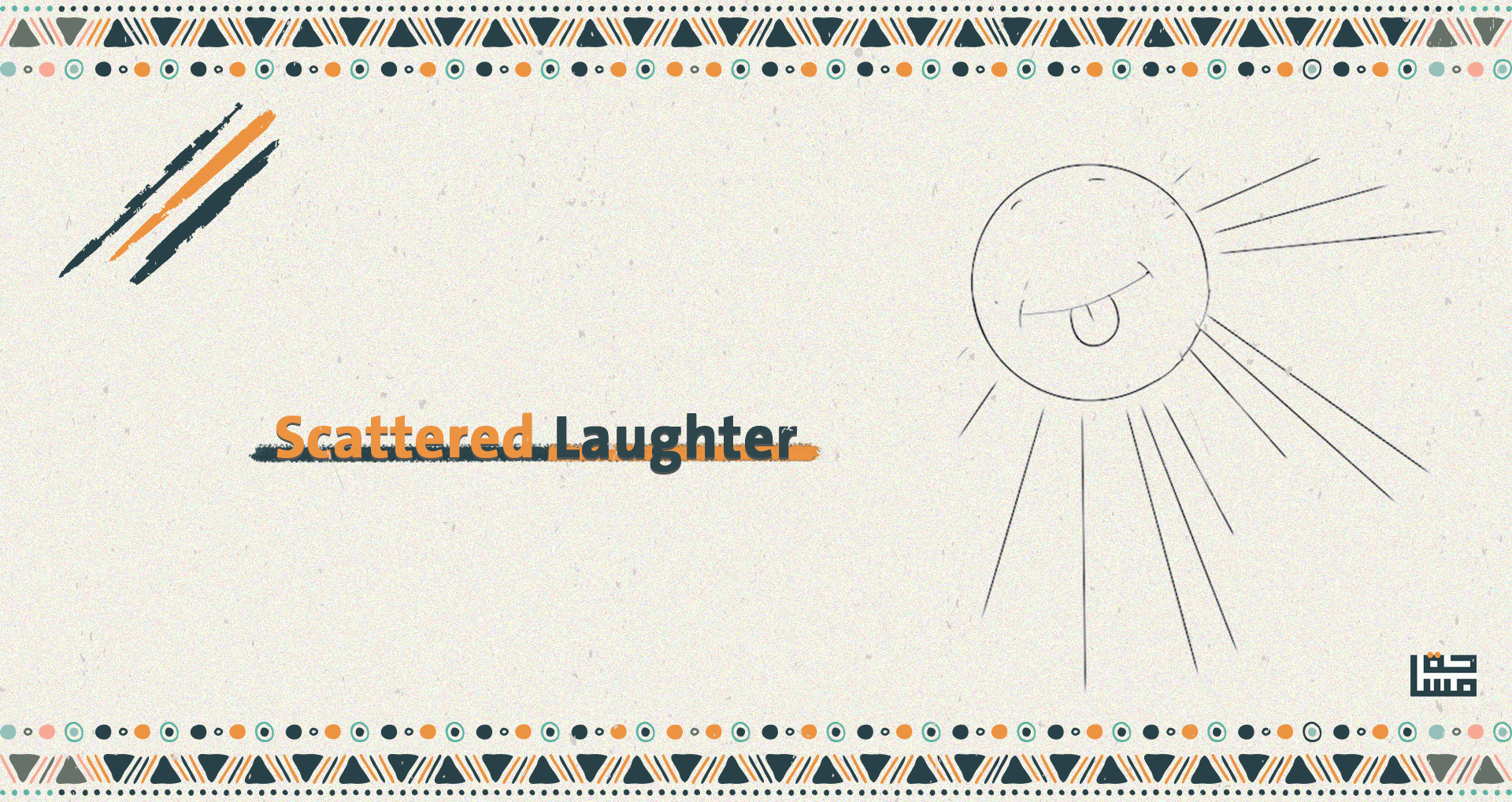
“I want veal, rice with chicken, seafood,” the requests of the disciples of Jesus Christ continued, and their words with the waitress of the restaurant, while Jesus Christ was giving his sermon, until he became angry, and said: “Can’t one sentence be completed here without interruption?”
This scene from the German comedy series Sketch History mimics the story of the Last Supper in the Bible, when Christ gathered his followers to eat, and passed on his teachings and commandments to them, before he was later crucified.
Is it boldness and abuse, or an artistic vision different from what the Italian artist Leonardo da Vinci presented in his famous painting? Opinions on such a scene will vary, depending on how religious each person is.
Is it boldness and abuse?
Islamic Model
Let us imagine the production of a comedy similar to the above depicting the “Farewell Sermon” delivered by the Prophet of Islam, Muhammad, some time before his death. It may seem that implementing this has become easier now in light of the current intellectual transformations, and the preoccupation of a large part of the Islamic societies with life basic needs, such as work and living conditions.
But would such a work go without consequences?
Perhaps the first expected result is a terrorist operation in a familiar or new way: bombing, assassination, spontaneous or semi-spontaneous demonstrations supported by military and religious governments that are keen to remind people that the dignity of the Prophet and the rest of the spiritual values are more important than eating, drinking and health insurance, and perhaps these authorities will draw the people’s attention to the fact that they are the guardian of the nation’s heritage!
Furthermore, there will be moral sermons by politicians and intellectuals from the Arab and western communities, on respecting sanctities of religious beliefs. And a wide range of academics and secular leaders will confront the abuse saying it has affected Muslims, and they will emphasize the defense of the right of peoples to defend their religions and cultures.
Opponents to laughter
Reacting to such scenes, there will be a trend that believes in the idea that laughter is the main opponent of totalitarians, whether jihadists or politicians, because laughter makes people not to be afraid of an earthy or heavenly god.
One of the most prominent foundations that thinks in this way is the French newspaper Charlie Hebdo which used this interpretation in the killing of the teacher Samuel Paty by a Chechen extremist after showing caricatures of the Prophet Muhammad. The newspaper considered that the fanatics hate joking, and this hatred is present in all religion’s ideologies. They can be found in the teachings of Christian monks in the Middle Ages, and in partisan orders that see laughter as dangerous as it brings people closer, and allows multiple readings of reality instead of one reading.
Because laughter makes people not to be afraid of an earthy or heavenly god.
Sectarian weapon
There are several comic shows and programs mocking beliefs in a professional manner, such as Ghagha series by Yemeni artist, Muhammad Al-Adar’i, who does not target the Islamic heritage in general, but rather mocks the ideas and rituals of Shiites.
In his series, Al-Adhra’i presents smart critical glimpses, such as an episode in which he played the role of a cleric declaring that sports programs are legally permissible, because the footballer Captain Majid is from Ahl al-Bayt (People of the House, designation in Islam for the holy family of the Prophet Muhammad) is evidence of his staying while shooting the ball in the air for a week, carried by Al-Hussein.
By watching more episodes of the series, it becomes clear that the action is directed against the Iranian-backed Houthi group.

